|
By James Santagata
Principal Consultant, SiliconEdge That Japan like any country, be it developing or developed, has her share of problems is not in the least bit surprising or at least it shouldn't be. However, what has surprised me over the years is how many foreign "Japan watchers" and "Japan pundits" always seem to miss the crux of what's really going on on the ground in Japan and more importantly what's going on in the mind of the Japanese. When articles are written or comments made about the supposed dearth of Japanese startups, the author or speaker almost always boils this down to several factors such as Japan's Shima-guni mentality (Island Nation / 島国), the so-called Galapagos Effect (which as I've continually pointed out is really just a misnomer for an industry or marketplace rife with ossified, rent-seeking incumbents and regulatory capture), Japan's supposed lack of talent, Japan's supposed lack of diversity and Japan supposed lack of creativity. ... ... With that said, there is another popular myth and meme that comes up regarding the lack of Japanese startups and that is the idea that the Japanese have an almost in-born fear of failure. I'm not here to argue that Japanese don't have a fear of failure because they do. We all do. Just as most other peoples around the world do, including those in the US and even including those working in Silicon Valley. People fear failure. But to hear the pundits tell it, "Japanese need to get over failure and embrace it". These pundits act like the fear of failure in Japan is simple a psychological construct* like it is in parts of the West like in the US.
0 Comments
Written by APCA Staff In China, Taiwan and even Vietnam, it is fair to say that no Mid-Autumn Festival would be considered complete without some scrumptiously delicious Chinese Moon Cakes. And much to our surprise, or at least James's surprise, the Chinese Moon Cakes and assorted gift packs found at Starbuck's in China is just, well, heavenly. In other words, Starbucks China does Chinese Moon Cakes right. We received these Starbucks Moon Cakes from a client in China and as you can see from the photos below, it's clear that they are amazingly packaged, produced and let us tell you, that they taste delicious. The gift pack comes with a very nice outer bag, a well-constructed sturdy box (you can feel the heft) which features a metal, magnetic Starbucks logo clasp to close the box. The box contains four different types of Moon cakes, each is individually wrapped along with an insert card explaining each one. There is also a certificate of manufacture/authenticity. As you may know, if you've read our blog or newsletters for any length of time, but in China this is a very important aspect of not only ensuring and enforcing product quality but perhaps more importantly of assuring and assuaging consumer fears. We've posted similar things about this from Hong Kong where some supermarkets will tout "Product Authenticity Guaranteed" (i.e,. "We don't sell fakes! Only the real thing!") versus what may be seen in Japan or parts of the West were the signage boasts "Low Prices" or "We're The Low Price Leader". To be clear, this is not any criticism of China or even Hong Kong, Hong Kong is employing a smart consumer marketing and protection strategy and within China, China is going through many growing pains and strains. And as Asia-Pacific Coaches and Consultants, we should rejoice, because it is exactly these growing pains and strains that continue to give us wonder opportunities to help others in need while providing for our family and friends. Happy & Successful Coaching! The Starbuck's China Moon Cake gift pack comes packaged with a very nice outer bag. The Moon Cakes are expertly yet delicately housed in a well-constructed sturdy box (you can feel the heft) which features a metal, magnetic Starbucks logo clasp to close the box. The box contains four different types of Moon cakes, each is individually wrapped along with an insert card explaining each one. There is also a certificate of manufacture/authenticity. Here's a closer look at these four lovely, tasty beauts. The insert card on the left explains each delicious Moon Cake. The certificate of manufacture/authenticity is on the right. This certificate is a very important aspect of not only ensuring &enforcing product quality but perhaps more importantly of assuring and assuaging consumer fears. Close-up of the insert card describing the delectable selection of Moon Cakes in the gift box. Close-up of the certificate of manufacture/authenticity.
As we've been predicting for some time now, China's robot sector has exploded.
This isn't surprising as the continually rising cost of Chinese labor had been pegged in some quarters as being 25% to 33% more expensive than Mexican labor -- which is a huge difference when one also factors in time zones, shipping costs and local control. As such, many American and Canadian firms have moved their manufacturing, especially higher-end manufacturing (think Cisco Systems) to Mexico over the last 3 to 4 years. In response, China has moved heavily into Factory Automation, including robotics. This helps hold the labor wages down...but at what cost? Currently in China there are huge wage gaps and wealth inequality and now fully mechanization is coming on while a true middle class has never had a chance to arise. This is much different from what was seen / has been seen in the maturation of both Japan, Korea, Taiwan and the major Western economics. According to International Federation of Robotics, nearly 180,000 industrial robots were sold worldwide in 2013, with a fifth of those sales being in China. In 2013, China surpassed Japan for the first time to become the world’s biggest and fastest-growing robot market with sales of about 37,000 industrial robots . Experts predict that China’s robot market will grow to be more than one trillion yuan in a year or two. The Lucrative industry has attracted many investors who’re diving in. In Shanghai, a robot industrial park is currently under constructionan that’s expected to generate and send out around 60 billion yuan worth of products. Parks of the same scale are also being built in the cities of Shenyang, Qingdao and the municipality of Chongqing. While this signals trouble and bumps ahead for many workers, it also shows how fast the Chinese economy is maturing and developing and will certainly lead to many consulting and coaching opportunities now and in the very near future. Industrial robots, whose market in China is showing promising signs as workers get replaced due to higher labor costs. A lot of domestic robot manufacturers want to join the party and slice a piece of cake with foreign competitors. But they seem to be facing a tough road ahead. It’s a common scene in many Chinese factories. "Before the robots took over, there were seven workers working in this assembly line," Li Guolin, vice president of Air Conditioner Department, Midea Group, said. Efficient, working 24-7, no need to talk, eat, or drink, and best of all, you don’t have to pay them. There are more benefits to having robots working for you. They don’t get hurt. "The injury problems are solved, and efficiency is improved," Sun Zhiqiang, president of Guangzhou Ruisong Technology, said. And they take care of the labour shortage. "It’s very hard to recruit workers in a hard working environment such as the chemical and steel industries, so there’s a lot of space for industrial robots," Zhou Chaosen, deputy secretary of Guangzhou Federation Of Robotics, said. All of these reasons explain why the robot industry in China is seeing a great increase in recent years. According to International Federation of Robotics, nearly 180,000 industrial robots were sold worldwide in 2013, with a fifth of those sales being in China. In 2013, China surpassed Japan for the first time to become the world’s biggest and fastest-growing robot market with sales of about 37,000 industrial robots . Experts predict that China’s robot market will grow to be more than one trillion yuan in a year or two. The Lucrative industry has attracted many investors who’re diving in. In Shanghai, a robot industrial park is currently under constructionan that’s expected to generate and send out around 60 billion yuan worth of products. Parks of the same scale are also being built in the cities of Shenyang, Qingdao and the municipality of Chongqing. It’s not all good news though. According to International Federation of Robotics, more than 90% of the industrial robot market in China is dominated by foreign companies, and the key parts of robots for the rest less than 10% of the domestic market are made outside of China. For domestic robot manufacturers, they face a lot of challenges such as lacking key technologies and competition from foreign businesses. There is a lot to do to take up the lucrative, young market in China. expert AUdio Interviews: The Japan Business Trilogy: Startups, Entrepreneurship, Gaming, Tech9/5/2014 Finally, here it is, the Expert Audio Interview series, "The Japan Business Trilogy with Ken Charles".
90 minutes of jam-packed facts, insights, observations and commentary on the Japan Business Environment like you've never heard before.
|
About UsThe Asia-Pacific Coaching Alliance (APCA) is the #1 Gateway for Asia-Pacific Coaching Opportunities and Knowledge™. Archives
January 2017
Categories
All
|
|
© Copyright 2012-2024 The High-Impact Coaching Alliance. All Rights Reserved.
|



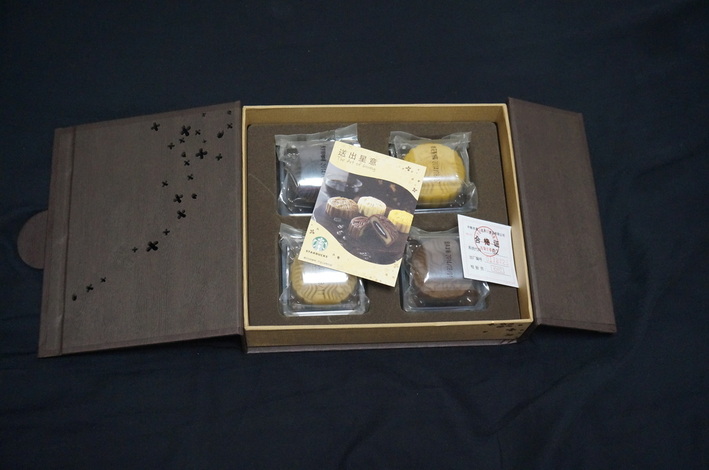
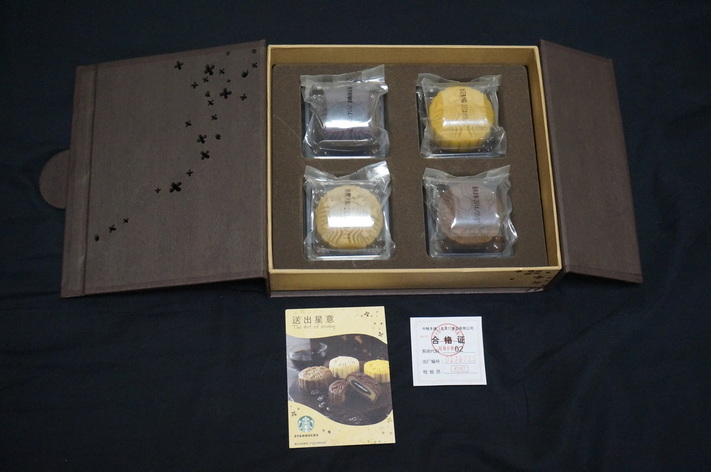
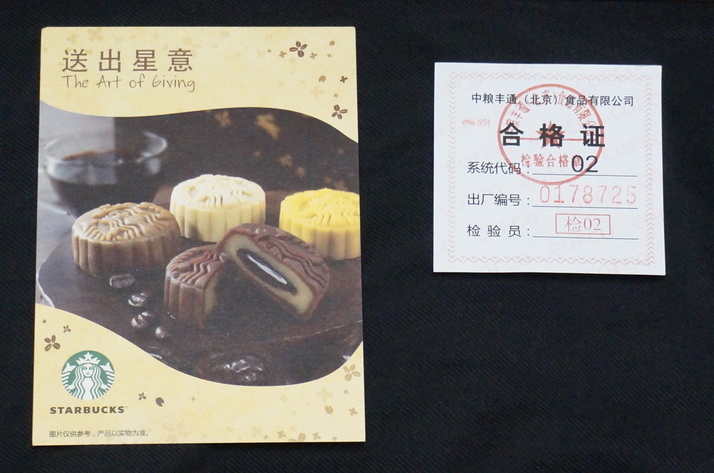
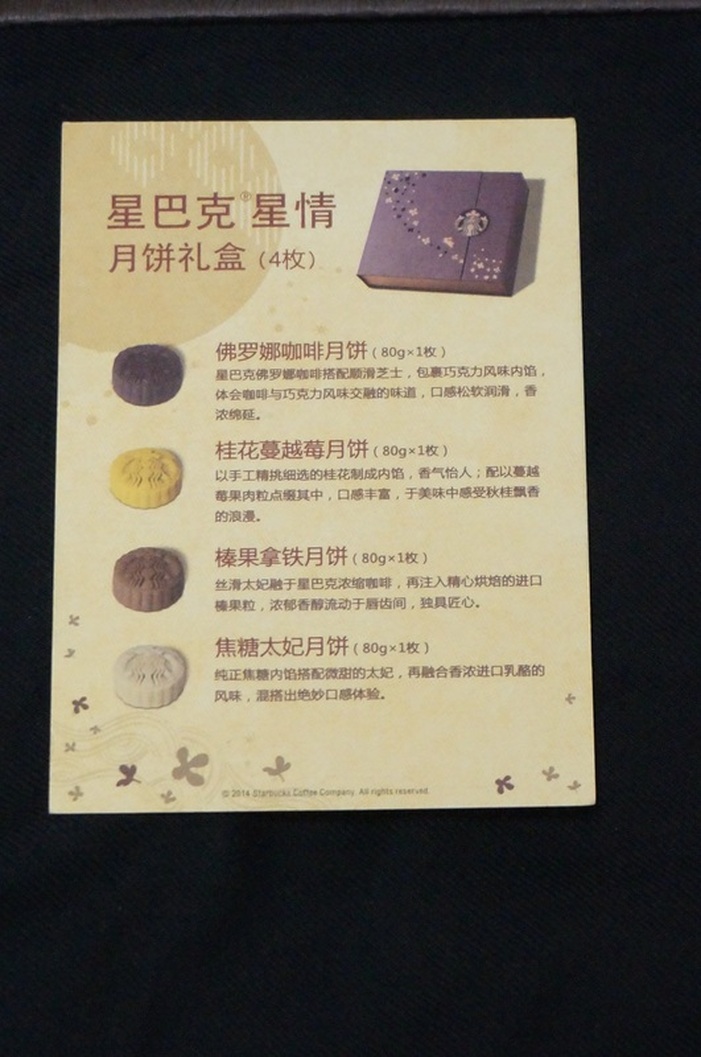
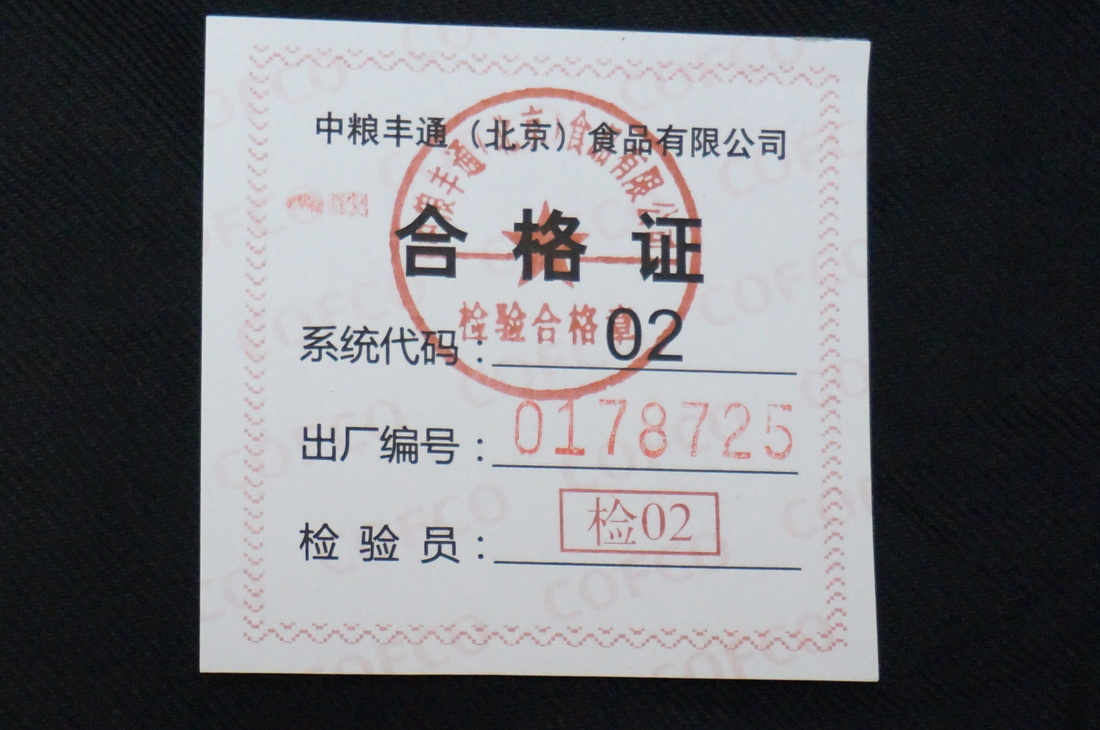
 RSS Feed
RSS Feed

